
Shipping Charcoal? Get Onboard with IMDG Code Updates!
It may be too early to discuss grilling for a lot of us, but it is certainly time to review the changes to the new IMDG Code when it comes to shipping charcoal.
Last month, our very own Barbara Foster wrote an article on some of the changes in the new IMDG Code Amendment 42-24.
Part of these changes involve shipping charcoal (for the purpose of this article, classified as UN 1361, Carbon, animal or vegetable origin) by sea. If you previously used a particular exemption when shipping charcoal, you will no longer be able to find it in the new IMDG Code regulations, and you will also see a new special provision in its place.
Shipping Charcoal by Sea: IMDG Code Changes You Need to Know
The latest amendments to the International Maritime Dangerous Goods (IMDG) Code bring significant changes for shipping charcoal by sea. The updates in Amendment 42-24 impact how charcoal is classified, tested, and handled. These new changes started on a voluntary basis on January 1st, 2025, and will be fully enforced on January 1, 2026. Since ocean shipments can take months in transit, shippers should be fully aware and prepare far in advance to meet the January 1, 2026, deadline.
One of the most critical updates is the removal of special provision 925 from the IMDG Code completely and removing special provision 223 as an option when shipping UN 1361. These special provisions (SP) previously allowed exemptions for charcoal shipments. The details of these special Provisions are below:
SP 925: Previously, if a charcoal consignment passed specific self-heating tests, it was exempt from IMDG Code provisions. As mentioned above, this exemption has now been removed completely.
SP 223: While this provision remains in the IMDG Code, it is no longer applicable to UN 1361. It previously allowed an exemption from classification under specific conditions, except for marine pollutants.
In addition, there is a new special provision (SP 978) that has been added to the IMDG Code. The newly introduced SP 978 imposes more stringent requirements on charcoal shipments. Some of the elements included in the new SP978 are below:
The UN N.4 test according to section 33.4.6 of the UN Manual of Tests and Criteria shall not be used to exempt carbon of animal or vegetable origin (UN 1361) from the provisions of this Code.
Without testing, the material shall be assigned to at least packing group III.
After production, the unpacked material shall be subject to weathering (stored under cover, but in the open air) for a minimum period of 14 days before being packaged for transport; or
After pyrolysis, steam and cooling shall be applied to the unpacked material and the material shall be packed under an inert gas atmosphere (e.g. nitrogen); packages shall then be stored under loose cover or in the open air for a minimum of 24 hours before transport.
The material shall be packed into packagings only when the temperature of the material does not exceed 40°C on the day of packing.
When stowed in a cargo transport unit, minimum headspace in the CTU of 30 cm shall be maintained.
For the full scope of the new special provision or any of these changes, feel free to reference the new 2024 edition of the IMDG Code. Since the previous exemptions mentioned above no longer apply to shipping charcoal by sea, you will likely need the appropriate class 4.2 hazard class labels or placards. Contact our team of Regulatory Experts today for more information on these products.
Stay up to date and sign up for our newsletter!
We have all the products, services and training you need to ensure your staff is properly trained and informed.
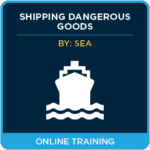 Shipping Dangerous Shipping DangerousGoods by Sea |
 4GV Securepacc™ 4GV Securepacc™Complete Shipping Kits |

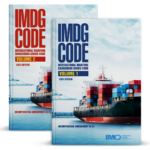
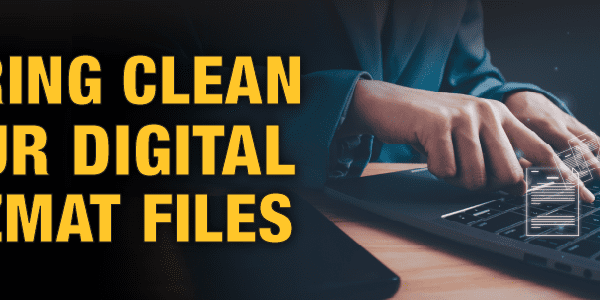
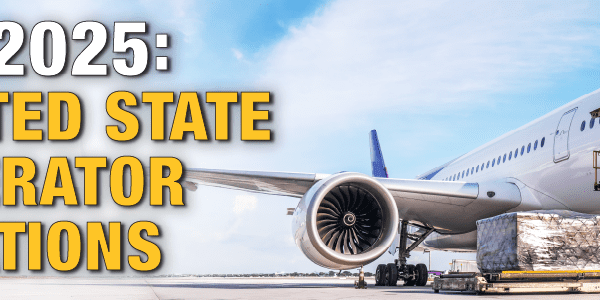
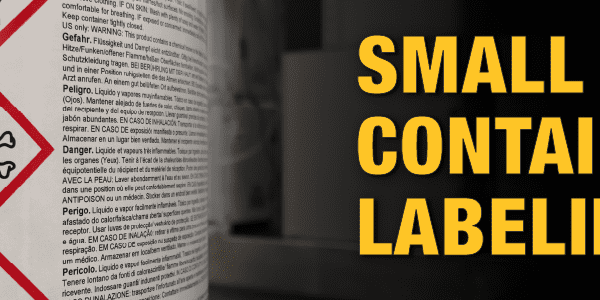


 ICC USA
ICC USA ICC Canada
ICC Canada